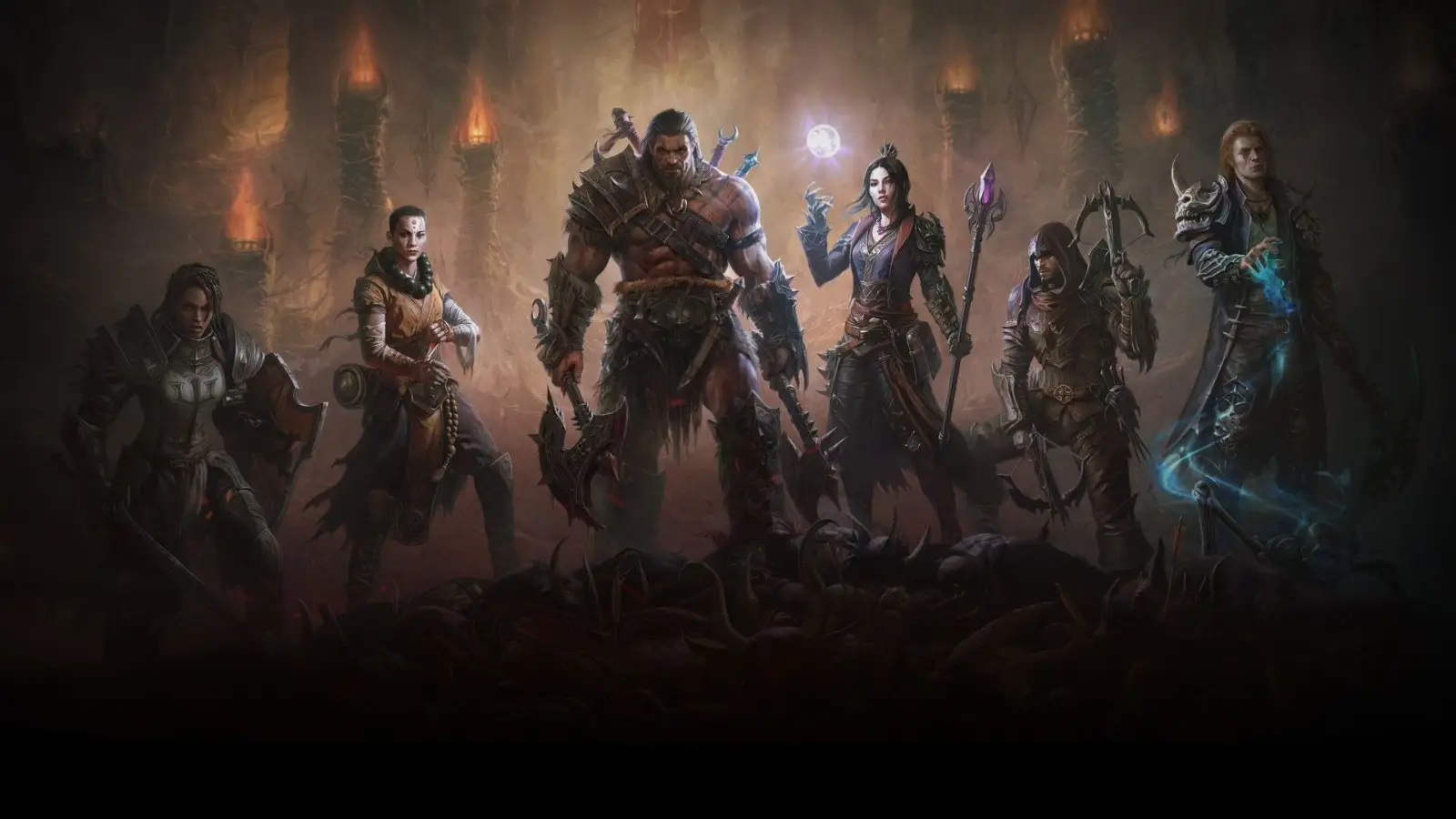In the dynamic ecosystem of modern gaming, the conversation around a title often extends far beyond the screen. While traditional reviews and surface-level announcements serve as entry points, a new layer of discourse has emerged: deep game news. This genre of journalism and content creation delves into the intricacies of game design, narrative analysis, developer interviews, patch note breakdowns, and community-driven discoveries. It is more than just information; it is a meta-layer that profoundly enhances and, at times, fundamentally alters the player's experience of the game itself.
The Enhancement: From Casual Play to Informed Appreciation
For many players, deep game news acts as a catalyst for a richer, more nuanced engagement. A typical playthrough might focus on core objectives and immediate spectacle. However, an analysis of a game’s sound design, for instance, can reorient a player’s attention. After reading about the meticulous process of recording ambient sounds for The Last of Us Part II or the symbolic use of leitmotifs in Final Fantasy, a player returns to the game with sharpened senses. They begin to hear the environment, to appreciate the audio cues that build tension and emotion, transforming a passive activity into an active critical analysis. The gameplay is enhanced because the player is now appreciating layers of artistry they might have otherwise missed.
Furthermore, deep dive interviews with developers provide invaluable context. Understanding the technical hurdles overcome to create the seamless worlds of Cyberpunk 2077: Phantom Liberty or the narrative intentions behind a controversial character arc adds a dimension of respect and comprehension. This knowledge doesn’t just change how we see the final product; it humanizes the immense effort behind it. Players are no longer just interacting with a piece of software but with the culmination of years of creative struggle and passion. This connection fosters a deeper, more meaningful relationship with the game.
Community-driven investigative news also plays a crucial role in enhancement. Games like Elden Ring or Tunic, renowned for their opaque lore and hidden mechanics, generate a cottage industry of analysis. When a dedicated community collectively deciphers cryptic puzzles, uncovers hidden areas, or pieces together environmental storytelling, that knowledge disseminates through deep news outlets. The average player, who may lack the time or patience for such excavation, can then access these discoveries. This allows them to experience the full depth of the game’s world without the frustration of hitting a dead end, effectively ensuring they don’t miss out on the most profound content the developers worked hard to create.
The Alteration: The Unavoidable Influence of Meta-Knowledge
While enhancement is often positive, the influence of deep game news can also alter the gameplay experience in more complex, sometimes unintended, ways. This most prominently manifests in the realm of competitive and strategy games.
The moment a major patch for a game like League of Legends or Counter-Strike 2 is released, it is instantly dissected by experts. Tier lists emerge, "meta" strategies are defined, and optimal builds are calculated and published within hours. This creates a fascinating alteration: the gameplay experience shifts from one of personal discovery and experimentation to one of implementation. The "meta"—the most effective tactic available—becomes pervasive knowledge. Players who engage with this news are armed with data-driven advantages, while those who avoid it may find themselves at a significant disadvantage, their off-meta picks or strategies rendered less viable. The game, in essence, changes from a sandbox of possibilities to a solved equation for a large portion of its player base. The organic process of learning through failure is often short-circuited by the efficiency of deep news.
Narrative experiences are equally susceptible to alteration. A deep analysis piece might explore a game’s major plot twists, thematic conclusions, or hidden endings. For a player who hasn’t finished the game, encountering this information—even through a carefully worded headline or thumbnail—can irrevocably spoil the intended emotional journey. The magic of an unspoiled revelation, a moment of shock or awe, is a fragile thing. Deep game news, in its quest to analyze, can sometimes shatter that magic. The player’s relationship with the story is altered from one of participant to that of a verifier, checking off predicted plot points rather than being swept away by them.

The Evolving Symbiosis
The relationship between deep game news and gameplay is not a simple one-way street. It is a symbiotic loop. Player engagement and discussion fuel the demand for deep news, and the content produced by journalists and creators subsequently feeds back into how the community plays and perceives the game. Developers themselves now participate in this loop, using deep-dive patches and developer blogs to directly communicate with their audience, explaining changes and intentions, thus further shaping the player's understanding and approach.
Ultimately, deep game news is a powerful tool that democratizes expertise and deepens appreciation. It empowers players to become more discerning, more knowledgeable, and more connected to the art form. Yet, it also demands a new form of media literacy from the player. Navigating this landscape requires conscious choices: when to seek out analysis to enhance appreciation, when to embrace community discovery, and when to deliberately disconnect to preserve the purity of personal, unadulterated experience. In this new era, playing the game is only half the story; understanding the conversation around it is an integral part of the modern gameplay journey.


















